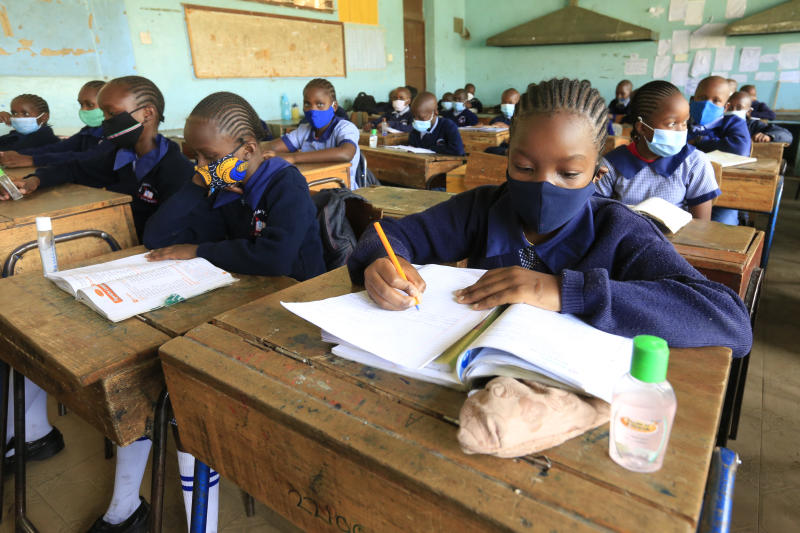
Has education been hit by COVID pandemic?
“COVID-19’s impact on education in India: It’s not all bad news”. This is the screaming headlines on a well followed online newspaper. The times that have been never dreamt of, the pandemic times which blew around the globe, leaving no space untouched. They certainly have left a very memorable impact in the field of education. The impact will be felt for years to come, maybe ranging decades.
It essentially is about what you consider education. If by education you mean gaining knowledge on specific topics or subject, then it may not really have impacted the field of education. Knowledge, in-depth knowledge on almost any subject is easily available on the net. These subjects are dealt with in detail and a few minutes spent can actually be quite a bit more useful than a few hours in a classroom.
It can be said that though there were many negative impacts from the COVID-19 outbreak on the field of education, there was also a positive impact which could take the education system and its methods a step higher. The pandemic has opened gates to innovative methods of transmission of knowledge across the globe. It was very challenging especially to countries like India as many people live in areas without internet, and others attend more poorly equipped government-run schools. Many efforts were made to continue education at all levels with online methods, but it could not be made available to everyone. Yet the attempts were truly laudable.
COVID-19 accelerated the adoption of digital technologies to deliver education. Education institutions moved toward blended learning and encouraged teachers and students to acquire technology savvy. Soft technology, online, webinars, virtual class rooms, teleconferencing, digital exams and assessments became common phenomenon, where otherwise we might have merely defined them, or they might have come into practical use a decade later or more. There was unimaginable collaboration among all the stake holders in the field of education, including administration, teachers, students, parents and companies making the software for transfer of knowledge in innovative ways. Many found that global education and worldwide exposure to ideas is available for those who seek after it.
However what we miss are the other more important aspects of education. Why did we need classrooms and school system to impart education. Even in ancient times education has always been imparted in groups. There were two side to this. The first one is the corrective aspect of group education. When you learn something, especially through reading of texts, it is a true fact that many a fact could be misunderstood or misinterpreted. Here is where common tutelage benefits everyone, with a common tutor able to correct and clear doubts. This also encourages groups to discuss and strive to reach a consensus answer. Group education also has the advantage of healthy comparison, aided by healthy competition, wherein every student can assess his or her standing in the group and in reflection the society that follows the subject.
However the more important reason is the social reason. Learning together imbibes in the student sense of oneness and social commitment. The feeling of working together to achieve a common end, In this case knowledge, is embellished by the growth of social bonding and belonging. It puts into young minds the feeling of responsibility. But perhaps the most important of all is the realization that there are do and don’ts that cannot be ignored in the society. Classroom learning is the best platform to impart this most important of social responsibilities.
COVID19 may have not been too effective in slowing the spread of knowledge around. But by education, one means the overall growth in a person and there is hardly a doubt that this was severely impacted.




